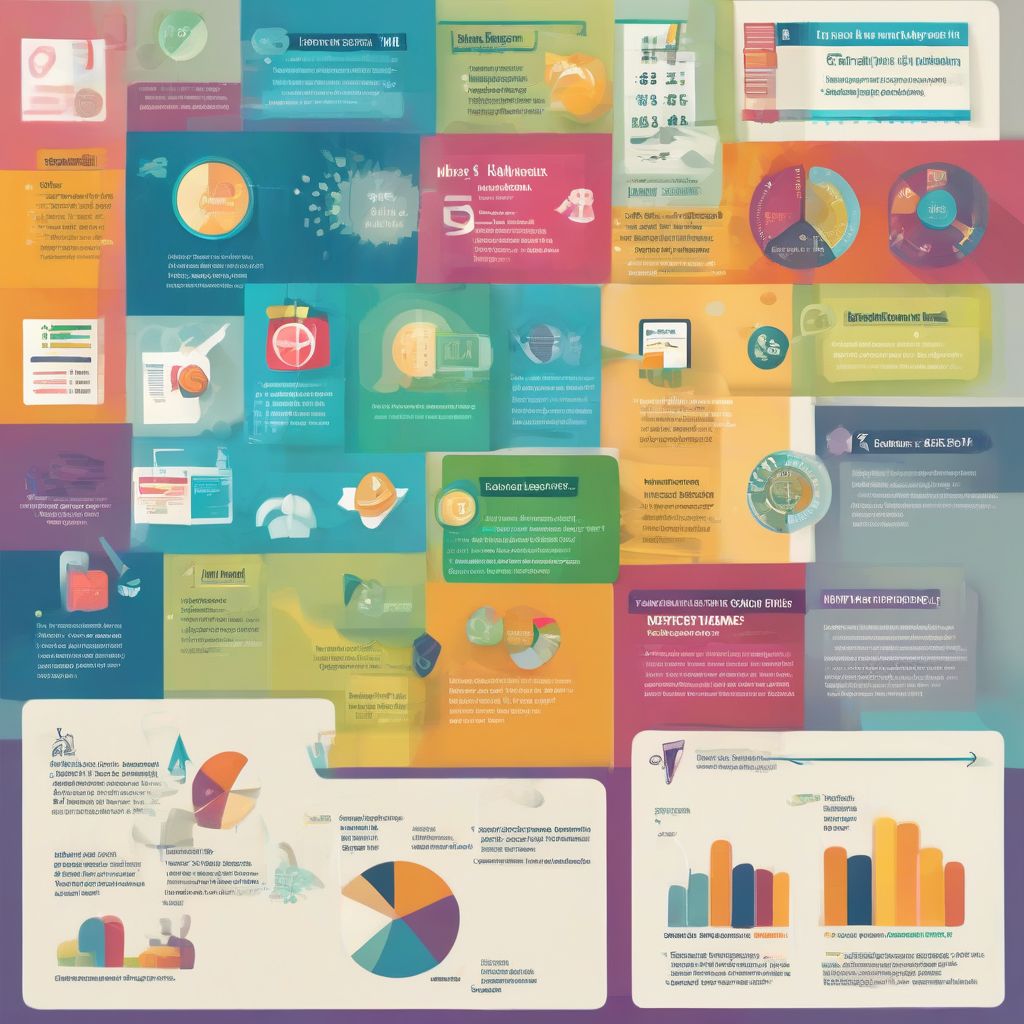We’ve all been there – that moment when you realize your bank account is looking slimmer than you’d like. It’s enough to make anyone sweat, right? But here’s the good news: getting your finances in tip-top shape doesn’t have to mean sacrificing all the joys in life.
Think of it like this: cutting expenses is like fine-tuning a recipe. You’re not throwing out the entire dish, just making smart swaps and adjustments to create something even more delicious and satisfying. And as a nutritionist and meal prep coach, I know a thing or two about delicious AND budget-friendly!
In this comprehensive guide, we’ll dive deep into practical, easy-to-implement strategies that will help you slash expenses without compromising on the things you love.
Unveiling the Power of Budgeting: Your Financial Roadmap
Let’s face it, the word “budget” often evokes feelings of restriction and deprivation. But in reality, a well-crafted budget is your secret weapon for financial freedom. It’s about understanding where your money is going and making conscious choices about how to allocate it.
Step 1: Track Your Spending
Knowledge is power. Before you can make any changes, you need to understand your current spending habits. Use a budgeting app, a spreadsheet, or even a good old-fashioned notebook to track every dollar you spend for a month.
Step 2: Identify Spending Leaks
Now, analyze your spending. Are there any areas where you’re surprised by how much you’re shelling out? Common spending leaks include dining out, subscription services you don’t use, and impulse purchases.
Step 3: Set Realistic Goals
What are your financial aspirations? Do you want to pay off debt, save for a down payment, or build an emergency fund? Setting clear, achievable goals will keep you motivated and on track.
Step 4: Create Your Budget
Based on your income, expenses, and goals, create a realistic budget that allocates your money wisely. There are various budgeting methods, such as the 50/30/20 rule (50% of your income for needs, 30% for wants, and 20% for savings and debt repayment).
Slicing and Dicing Expenses: Practical Tips for Every Area of Your Life
Now that you have a solid budget in place, let’s explore practical ways to trim expenses across various aspects of your life.
1. Groceries on a Budget: Eating Well Without Breaking the Bank
As a nutrition expert, I can’t stress enough the importance of nourishing your body with wholesome foods. The good news is that eating healthy doesn’t have to drain your wallet.
- Plan Your Meals: Meal planning is your best friend when it comes to saving money on groceries. Plan your meals for the week, make a grocery list, and stick to it.
- Embrace Cooking at Home: Eating out can quickly eat away at your budget (pun intended!). Cooking at home is not only more affordable but also allows you to control the ingredients and portion sizes.
- Become a Leftover Lover: Don’t let those delicious leftovers go to waste! Repurpose them into new meals or freeze them for later.
- Shop Smart: Compare prices, look for sales and coupons, and buy in bulk when it makes sense (especially for non-perishable items).
2. Housing: Finding Affordable Living Options
Housing is typically the biggest monthly expense. While you may not be able to drastically reduce your rent or mortgage overnight, there are still ways to save.
- Consider Downsizing: If you’re living in a larger space than you need, downsizing to a smaller home or apartment could significantly reduce your housing costs.
- Negotiate Rent: Don’t be afraid to negotiate your rent with your landlord, especially if you’ve been a good tenant.
- Get a Roommate: Sharing your living space with a roommate can cut your housing expenses in half.
- Refinance Your Mortgage: If you’re a homeowner, explore refinancing options to potentially lower your monthly mortgage payments.
3. Transportation: Navigating Your Way to Savings
Transportation is another significant expense category. Here are some ways to cut down:
- Embrace Public Transportation: If possible, opt for public transportation like buses or trains instead of driving your own car.
- Walk or Bike: For shorter distances, consider walking or biking. It’s not only good for your wallet but also for your health!
- Carpool: Team up with colleagues or neighbors for carpooling to work or events.
- Maintain Your Vehicle: Regular car maintenance can prevent costly repairs down the road.
4. Entertainment and Leisure: Fun on a Shoestring Budget
You don’t have to give up on entertainment altogether to save money. Get creative and explore budget-friendly options:
- Explore Free Activities: Take advantage of free or low-cost entertainment options in your community, such as parks, museums, libraries, and free concerts.
- Host Potlucks: Instead of dining out with friends, host potluck dinners where everyone brings a dish to share.
- Take Advantage of Discounts: Look for discounts on entertainment, such as movie tickets, concerts, and sporting events.
5. Cutting Unnecessary Expenses: Identifying Spending Leaks
Small expenses can add up quickly. Take a close look at your spending habits and identify areas where you can cut back:
- Cancel Unused Subscriptions: Are you paying for streaming services you rarely use? Gym memberships you never take advantage of?
- Reduce Energy Consumption: Lower your utility bills by being mindful of your energy usage. Turn off lights when you leave a room, unplug electronics when not in use, and wash clothes in cold water.
- Shop Around for Better Rates: Don’t be afraid to shop around for better rates on insurance, phone plans, and other services.
Conclusion: Embracing a Financially Savvy Lifestyle
Congratulations on taking this empowering step towards financial well-being! Remember, cutting expenses is not about deprivation; it’s about making conscious choices that align with your values and goals.
By implementing these practical strategies and making gradual changes to your spending habits, you can free up more money to pursue your passions, achieve your financial aspirations, and live a more fulfilling life.
Now, it’s your turn! Share your thoughts and experiences in the comments below. What are your go-to strategies for cutting expenses? Let’s inspire each other on this journey to financial freedom!
 Budgeting Tips
Budgeting Tips
[amazon bestseller=”budgeting books”]
